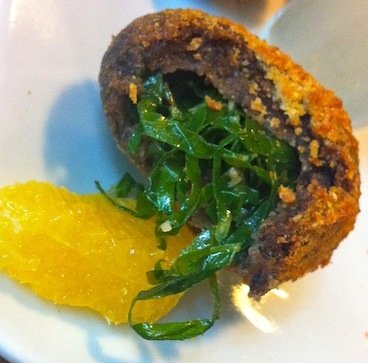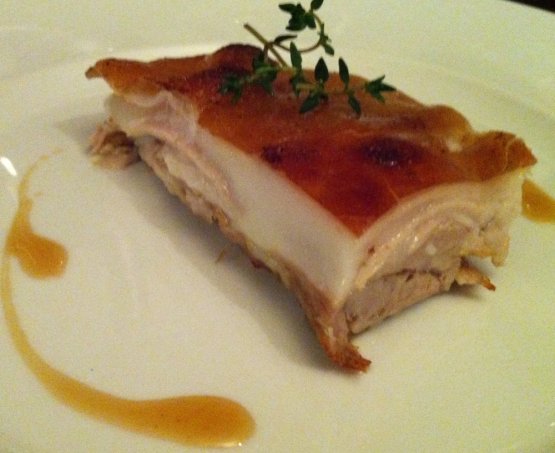Lightness and informality, these are the two guidelines you need to follow in order to enjoy yourself in Rio de Janeiro, even when it comes to the gastronomic experience. This short report of what’s good in Rio today won’t take you to pompous and formal restaurants, because the deep and tasty heart of the town resides in places that have their strength in simplicity, and where formality becomes a useless tinsel. Rio is the city of carpe diem, in every inch, the world capital of the immediate, a visceral city in which desires and longings, even those linked to food, can be instantly fulfilled.
The story of carioca cuisine is tied to disconnected elements and the signature dishes have diverse origins. You will find the classic Filé a Oswaldo Aranha, born at the end of the Thirties as a homage to the homonymous diplomat, exactly as it was in the beginning, at the truly traditional restaurant Lamas in Flamengo. The Thirties were the time when Rio was still the capital of Brazil and in which the influence of diplomats and politicians on food was essential to create new ideas and recipes. Even the long Portuguese colonization continues to influence the menus with some evergreen classics such as the over centennial Cabrito com arroz (kid with rice) and broccoli at the Nova Capela in the Lapa neighbourhood, or the Bacalhau a baz at the Adegão Portugues in São Cristovão.

Aconchego Carioca's Bolinho de Feijoada (meatball made with beans soup)
However, what most intensely flows in the veins of the cariocas is the culture and the tradition of the
botequim, the typical bar where you can
petiscar – have a snack – and drink drought beer. Undoubtedly, the ultimate spot is
Katia Barbosa’s unequalled
Aconchego Carioca. Every day, far away from the crowds of tourists, in a working-class neighbourhood, this bar offers addictive delicacies, such as the multi-celebrated
bolinho de feijoada, a meatball prepared with the typical ingredients used in a black bean soup with pork or veal, and then rolled in cassava flour and fried: simply sensational, just like many other delicious products available in the lengthy menu of the
Aconchego.
There are also restaurants which have determined the history of the city in the last decades, with imported cuisines such as the thirty-year-old Japanese Azumi, in the Copacabana neighbourhood, in Rua Ministro Viveiros de Castro 127. A true family-run Japanese inn that has the freshness of the ingredients as its strong point. Don’t miss the meat or fish cozidos (stocks), the sashimi and nigiri, but most of all the fantastic grilled fish and vegetables.

Roberta Sudbrack's leitão (suckling pig)
You can also visit cult locations such as the
Roberta Sudbrack restaurant with a more easy-going approach, but in this case it’s best to reserve one of the very few seats available at the bar. Here, thanks to the “3 dishes” formula, you can dine choosing 3 courses from the menu of the day. If you’re looking for something more contemporary, go to Ipanema where the
Bazzar Bubble Bar was recently established in Rua Barao da Torre 538. Dishes created entirely with local raw materials are created thanks to the experience and the journeys of the passionate owner Cristiana Beltrão, who for years has dedicated herself to researching local artisanal products. There are about 15 modern chairs around the bar, with dishes and drinks inspired by iodine and sea such as the
caldinho de siri (crab soup) and the
salada de arroz vermelho com sururu (a red rice salad with
sururu, a typical Brazilian clam).